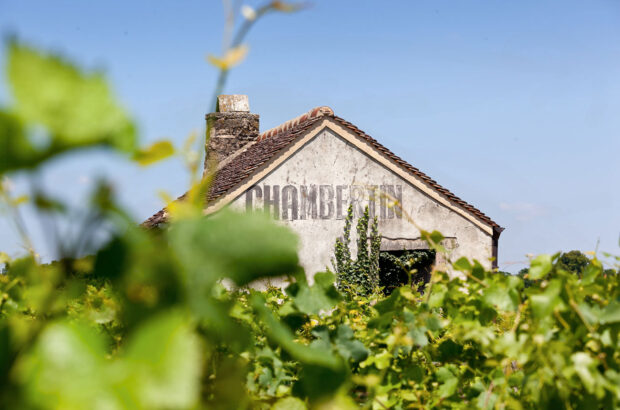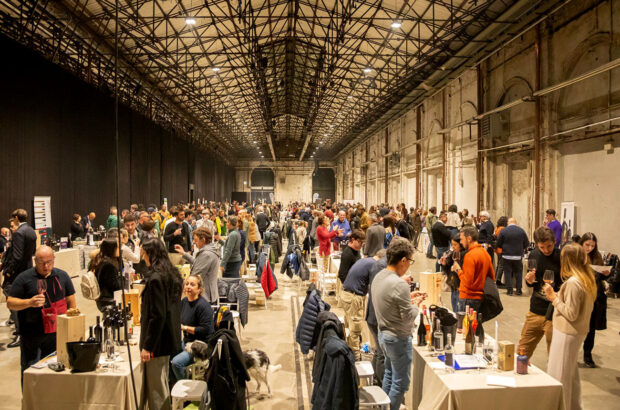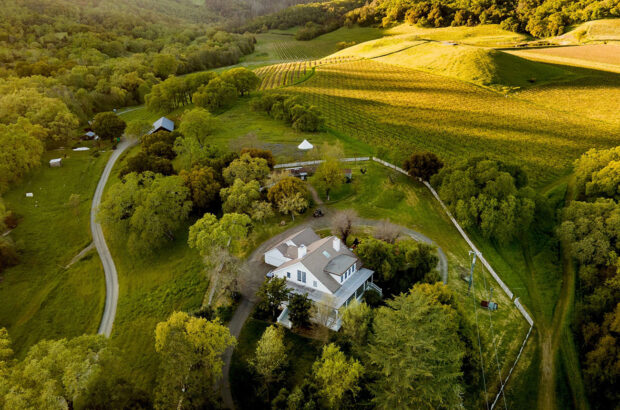Every month in the magazine we celebrate a different bottle of wine that we believe should be recognised as a 'wine legend', this year's selected 12 include Dom Perignon 1961, Chateau Cheval Blanc 1947 and Graham's Vintage Port 1945.
Wine Legends of 2011: DRC Richebourg 1959
DRC Richebourg 1959 Vosne-Romanée, Burgundy, France
A legend because…
After some tricky vintages, the Domaine de la Romanée-Conti rose magnificently to the occasion in 1959 to produce a set of outstanding wines from its top vineyards. The Romanée-Conti was a great wine in 1959, but so was the wine from Richebourg, its neighbour. Arguably, the relatively high proportion of clay in the Richebourg soil was of particular benefit in this hot year. DRC invariably makes a superb Richebourg, but it excelled itself in 1959, although the 1962 can come close.
Looking back
The year 1959 is also memorable in the domaine’s history because it was the first year in which the property turned a profit. Although DRC’s reputation was as high in the 1950s as it is today, there were few other estates nibbling at its heels, with the possible exception of Henri Jayer.
The people
DRC is jointly owned by two families, the Leroys and the de Villaines. From 1942 onwards Henri Leroy (father of Burgundy grower Lalou Bize-Leroy) was at the helm, though in 1959 he would have been assisted by Henri de Villaine (father of current co-owner Aubert), who was less involved because he lived in Moulins, looking after his family’s farms. The winemaker, from 1946 onwards, was André Noblet, succeeded by his son Bernard.
The vintage
The mid-1950s was not a golden period for Burgundy, and vintages were difficult – until 1959 came along. July and August were hot and dry, and the rain that eventually fell in September proved beneficial, keeping stress at bay and allowing the grapes to mature fully and evenly. The harvest began in mid-September under ideal conditions.
The terroir
Richebourg is a moderately sized grand cru in Vosne-Romanée, with just over eight hectares under vine. The DRC has long been the largest owner, with 3.5ha. The vineyard comprises two parcels, Les Véroilles (which was incorporated into Richebourg in 1936) and Les Richebourgs, the latter being the larger. Véroilles is a touch more northerly and thus slightly cooler, ripening a day or two later. Richebourg is gently sloping from 255m to 295m, and consistent in terms of its soil, which has a significant clay content. The Domaine owns 1ha within Véroilles, the rest within Les Richebourgs, and the average age of the vines today is over 45 years.
The wine
Richebourg is among the most long-lived of the grands crus. Its wine has a distinctive power, but the greatest vintages, such as this 1959, have always shown supreme elegance as well. Virile when young, Richebourg demands a decade or more in bottle before its complexity, nuances and remarkable persistence of flavour become fully apparent. Until 1946, one third of DRC’s Richebourg vines were still ungrafted – among the very oldest pre-phylloxera vines in France – and were vinified and bottled separately. But the 1959 Richebourg would have contained a moderate proportion of younger vines following the replanting. The general policy of DRC is not to destem, and this surely would have been the case in a fully ripe year such as 1959. Fermentation would have taken place in open-top wooden vats, and the wine aged in new oak. Although DRC no longer fines its reds, the 1959 would have been fined.
The reaction
From the outset the wine was rich and flavoursome, with good depth of colour and an excellent balance of tannin and acidity. The quality was immediately recognised. Decanter’s Michael Broadbent, tasting the wine in 2002, gave the wine his top five-star rating, but was quite subdued in his response: ‘Low-keyed but ripe and correct; sweet, soft, rich, complete, with good grip.’ Burgundy expert Allen Meadows is more enthusiastic, having tasted a magnum in 2005: ‘Fully mature and wonderfully spicy, complex and fragrant earthy black fruit trimmed in plenty of sousbois followed by rich, seductive, mouth-coating and velvety medium-full flavours, all wrapped in a superbly long finish underpinned by mostly, if not completely, resolved tannins.’ He felt it was fully ready to drink. Fellow Burgundy authority Clive Coates MW concurred, and in 1989 hailed the Richebourg as ‘a marvellous wine’ ‘multi-dimensional’ with ‘real breed’. D “The greatest vintages have always shown supreme elegance”
The facts
- Number of bottles produced: 11,000
- Composition: 100% Pinot Noir
- Yield (hl/ha): No record
- Alcohol content: No record
- Release price: No record
- Current price: £3,300–£3,700 per bottle







